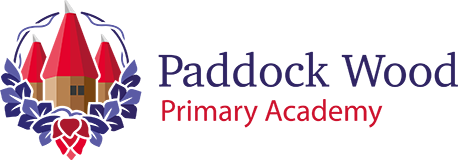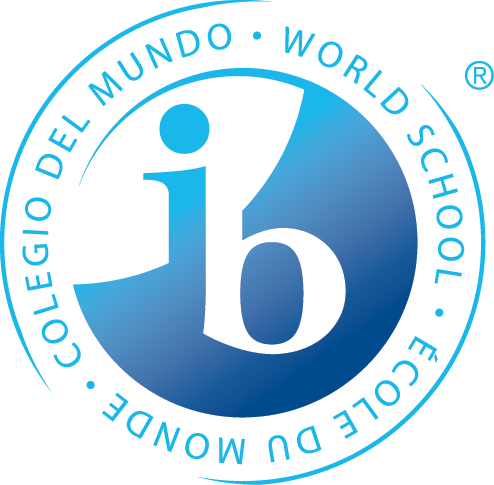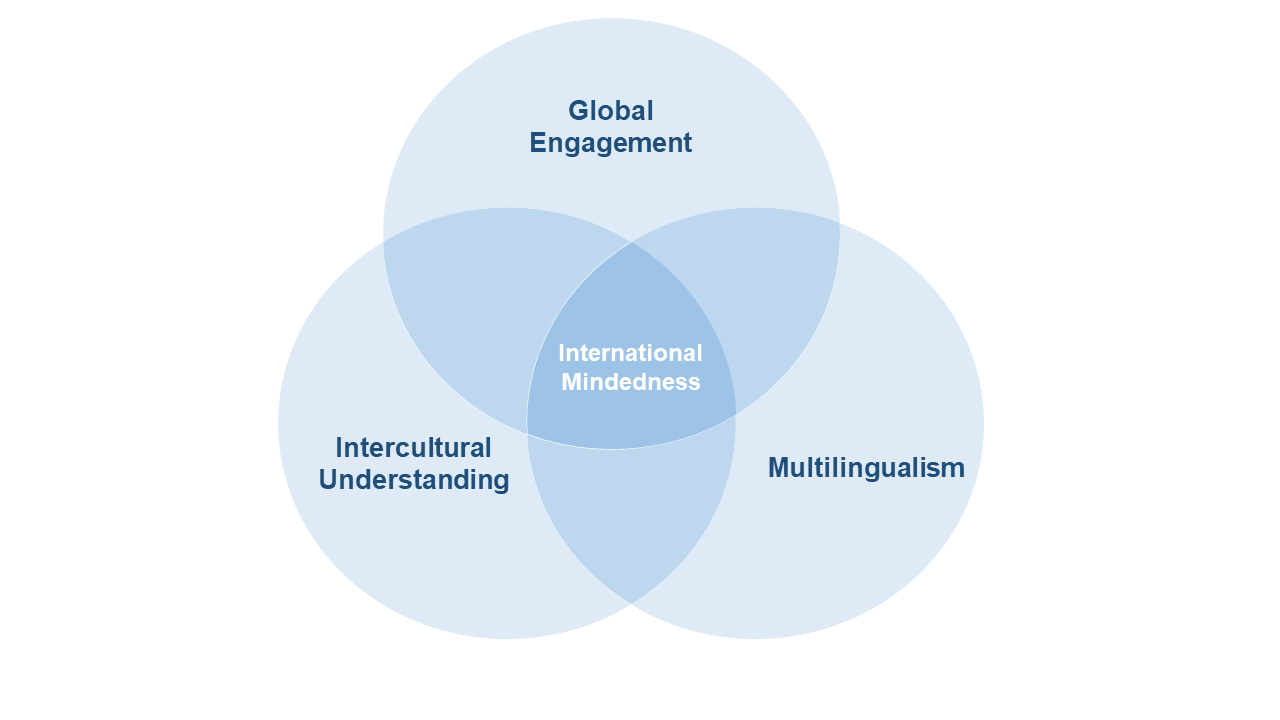At PWPA, our intent is to provide a highly ambitious, well structured and broad curriculum that enables pupils to acquire the knowledge and skills they need to be successful at secondary school.
At Paddock Wood Primary Academy our curriculum uses the philosophy of the IB PYP framework to ensure it:
- enable pupils to develop learner attributes so that they become knowledgeable, active inquirers, communicators, are open-minded, reflective and able to act with agency
- encourages pupils to be internationally minded with an appreciation and sense of responsibility for the world around them
- exceeds the requirements of the National Curriculum to enhance pupil knowledge and enable deeper connections across subjects within a transdisciplinary framework
- supports the development of the whole pupil, physically, emotionally and intellectually
‘Our highly ambitious community builds thinking learners, who act with agency and create lasting memories’.
To achieve our mission statement, our children study the International Baccalaureate (IB) Primary Years Programme (PYP), with an emphasis on inquiry and teaching children how to learn at its heart. The PYP encourages the holistic development of the child through inquiry, both in the classroom and the wider world; it encourages students to take action on their learning and new-found understanding. Our children have agency (voice, choice and ownership) over their practice, enabling them to be responsible for their own learning. This is the framework which will be underpinned by the National Curriculum.
The most significant and distinctive feature of the PYP, is the six transdisciplinary themes of global significance:
- Who we are
- Where we are in place and time
- How we express ourselves
- How the world works
- How we organize ourselves
- Sharing the planet
- Pupils investigate these themes through a series of central ideas within ‘Units of Inquiry’, which change every module. Within these Units of Inquiry, children learn (are taught) the full breadth of curriculum, including the core subjects of English, maths and science.
Our academy works hard to nurture each of our classes as a community in its own right. This provides learners with continuity and confidence. However, at the whole-academy level, we also believe that some subjects are best delivered by specialist teachers, in order to develop pupils to their maximum potential. In our academy these subjects are sports/outdoor learning and languages.
As an internationally-minded academy, a key aspect of our curriculum will be to develop their role as global citizens through the inclusion of the UN Sustainability Development Goals to understand how they can contribute to their community and the wider world in a positive way. Pupils, with teachers and parents, will work on these characteristics throughout their time in our academy as part of their holistic development, to prepare them to succeed in an ever-changing world. A key component of this is to ensure our pupils are Digitally literate and so our approach is blended and digital learning is embedded within Teaching and Learning across the academy. PWPA Digital Learning Expectations 2021-2022
In order to ensure this happens consistently at PWPA we will ensure:
- Lessons are well sequenced across the curriculum to allow pupils to; be challenged, to make links, work independently, share their knowledge and skills and problem solve.
- Questioning is used effectively and includes higher order thinking for all pupils, allowing them to explore their own and others’ ideas of both prior knowledge and new concepts.
- Feedback and marking is relevant to the learner, with a balance of written feedback and conferencing to support pupils to make progress, take ownership of their work and reflect on their learning.
- Regular and sustained writing opportunities are built and planned into all areas of the curriculum to ensure English skills are applied fluently.
- Teachers to regularly review prior learning alongside new concepts, so that pupils are able to retrieve information quickly and build on this knowledge so it becomes embedded in their long term memory.
- Reading skills are taught daily.
- Digital technology is part of our Teaching and Learning strategy – embedded into all areas of the curriculum, where relevant.
- RSE is part of our everyday learning, referenced when appropriate and pupil’s health and well-being as a priority.
The progress our pupils make, across the whole curriculum is carefully monitored and tracked to ensure progression of skills is evident and opportunities are wide reaching. Our pupils are involved in the evaluation of their learning, through conferencing and self-evaluation. Our assessment is on-going, a balance between summative and formative assessment – with our Feedback and Marking Policy ensuring that this is the start of all planning, building on prior learning and taking into account the progress pupils have made within a lesson, through discussion, evidence in books and conferencing. Accessibility will be supported through the use of the Read and Write Toolbar for all children with 1:1 devices and through careful planning to ensure all children have the support necessary to make progress (this may include a variance in resource, activity or with adult support – dependent on the area of need or focus). Home learning supports pupils to extend or review concepts from class through the virtual classroom and regular practice of key skills.
Solo Taxonomy will be used to help assess pupils across the curriculum – this will ensure that staff are able to use this information to build the next Unit of Inquiry and opportunities for pupils to demonstrate their understanding. Regular formative assessments are used across the academy for all year groups and pupil progress meetings are held termly to track progress and ensure interventions are appropriate. Moderation will be a feature of our Continuous Professional Development meetings and will ensure that assessment criteria are used consistently across all year groups. Where external assessments are used e.g. Phonics screening, we will use past papers to track progress in the relevant year groups and ensure pupils have experience of these throughout their academic journey in the Primary Phase.




